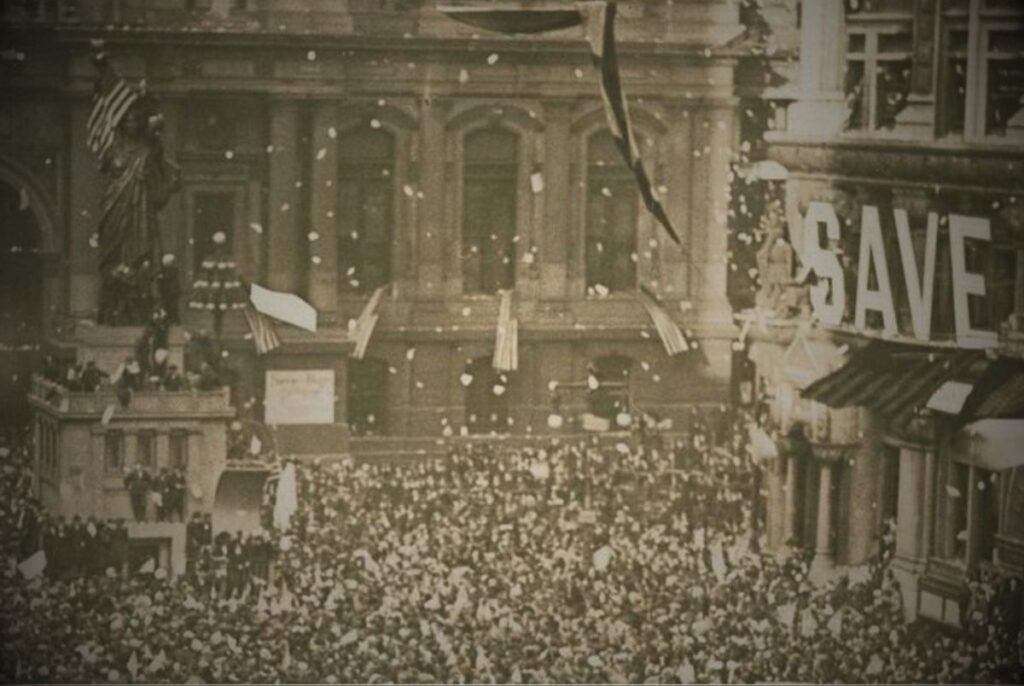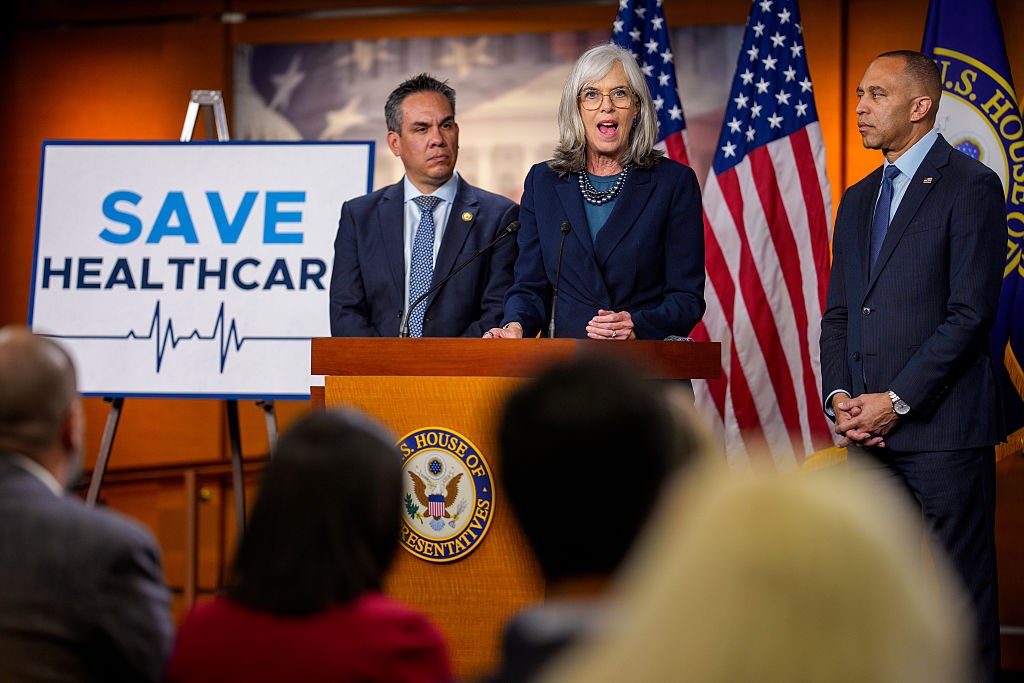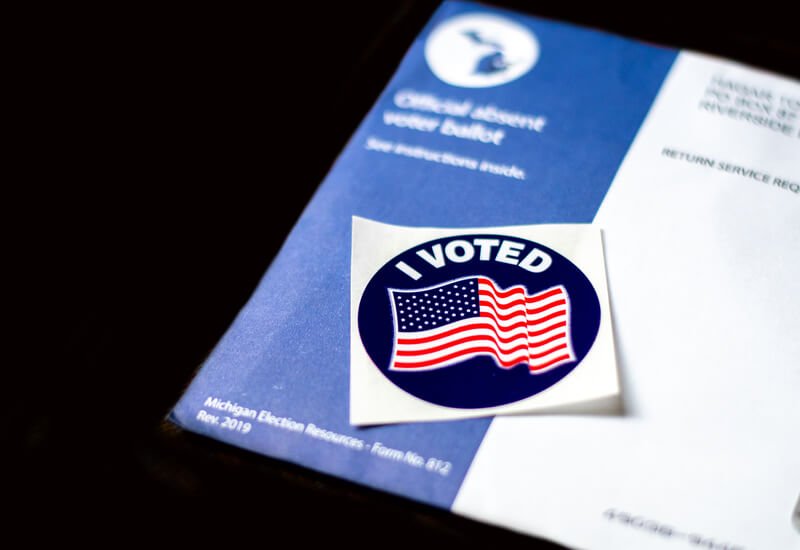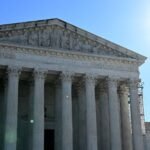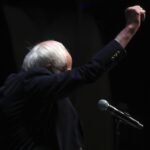Now Reading: Biden pressured Alphabet to remove certain content
-
01
Biden pressured Alphabet to remove certain content
Biden pressured Alphabet to remove certain content

Article Summary
Key admissions from the letter emphasize that the Biden administration exerted pressure on Google to censor American citizens and eliminate non-violative user-generated content. Alphabet stated it viewed such pressures as “unacceptable and wrong,” reinforcing the belief that public discourse should not be stifled by governmental authority. The Judiciary Committee’s press release provided further context, describing the ongoing investigation into Alphabet, which was prompted by concerns over the company’s compliance with governmental censorship requests and the implications for First Amendment rights.
Jordan, a prominent advocate for free speech since becoming the Judiciary Committee Chairman in 2023, has actively pursued investigations into how various Big Tech entities manage content moderation. His interest intensified following the release of the “Twitter Files,” which revealed a formal system wherein government agencies considered “moderation requests” to limit content on platforms like Twitter. This investigation has extended to other tech giants, emphasizing a push for accountability in how these platforms operate under governmental influence.
As the investigations unfolded, significant revelations emerged. Facebook, under pressure from the Biden administration, admitted to censoring content related to COVID-19 skepticism and the Hunter Biden laptop story, with CEO Mark Zuckerberg later acknowledging these actions were misguided. This admission, along with evidence gathered by Jordan’s committee, has led to broader scrutiny of how social media platforms address content moderation and censorship, and whether they yield to political pressures.
In a striking move to enhance transparency, YouTube has committed to not utilizing third-party fact-checkers and plans to reinstate creators who were previously removed under policies that are now obsolete. As the landscape of digital expression evolves, it remains uncertain how much accountability Big Tech will embrace, particularly when the spotlight of governmental oversight dims. The ongoing conflict represents a pivotal moment for free speech advocates, revealing both victories and the persistent challenges ahead in the battle against censorship.

